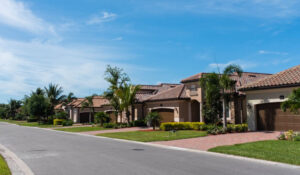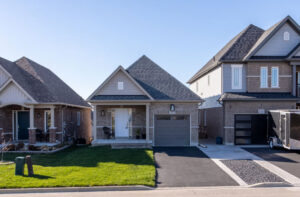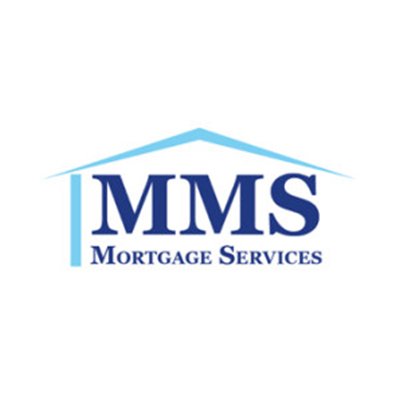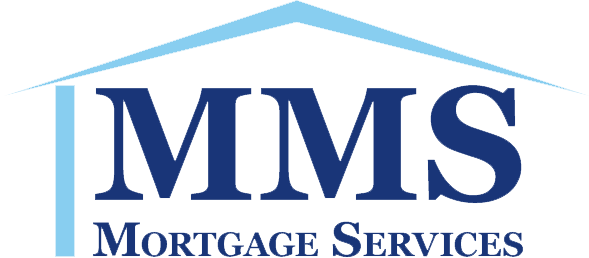
With a reverse mortgage, senior homeowners can borrow against their equity to supplement their income. In this two-part series, we are answering some questions you may have about reverse mortgages. Be sure to check out Frequently Asked Questions About Reverse Mortgages, Part 1.
- Q: What types of homes qualify for a reverse mortgage?
- A: A variety of types of homes can be eligible for a reverse mortgage. These include single-family homes, multifamily homes, manufactured homes, condos, and homes on agricultural land. The home you take out the reverse mortgage for must be your primary residence in order to be eligible.
- Q: Will the bank/government own my home?
- A: No, the bank will not own your home because you took out a reverse mortgage, and neither will the government. You will continue to be the owner of your home. You alone will have the power to decide whether or not to sell the home at any point. If you wish to sell it, you can, and the reverse mortgage will come due. If you do not want to sell the home, then you do not have to do so, and the reverse mortgage will not come due until another maturity event takes place (such as the death of the last borrower).
- Q: Does a reverse mortgage impact Medicare or social security payments?
- A: No, a reverse mortgage will not impact your Medicare or social security payments. A reverse mortgage is a supplement to income, rather than being categorized as “income.” Your benefits will not decrease.
Apply for a Reverse Mortgage
If you have more questions or would like to apply for a reverse mortgage, please call (248) 788-0800. We work with senior homeowners in Farmington Hills, throughout Michigan, and in 14 other states.




